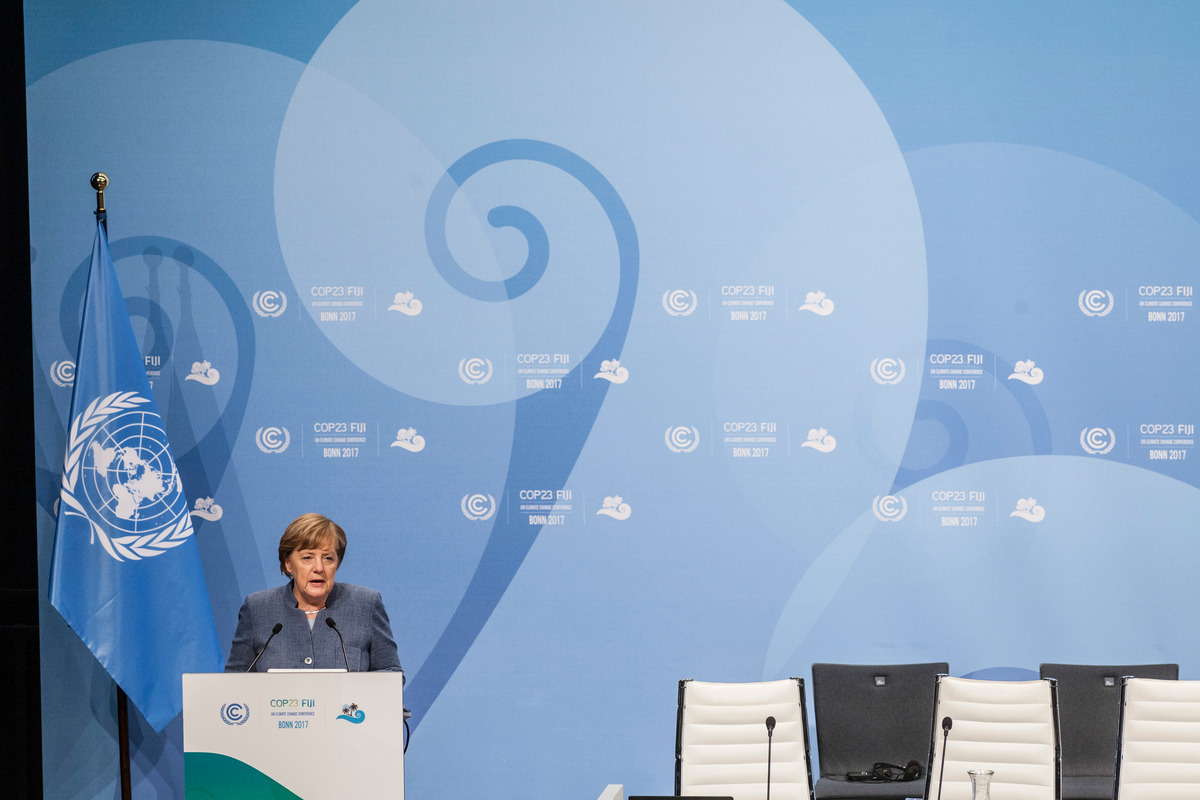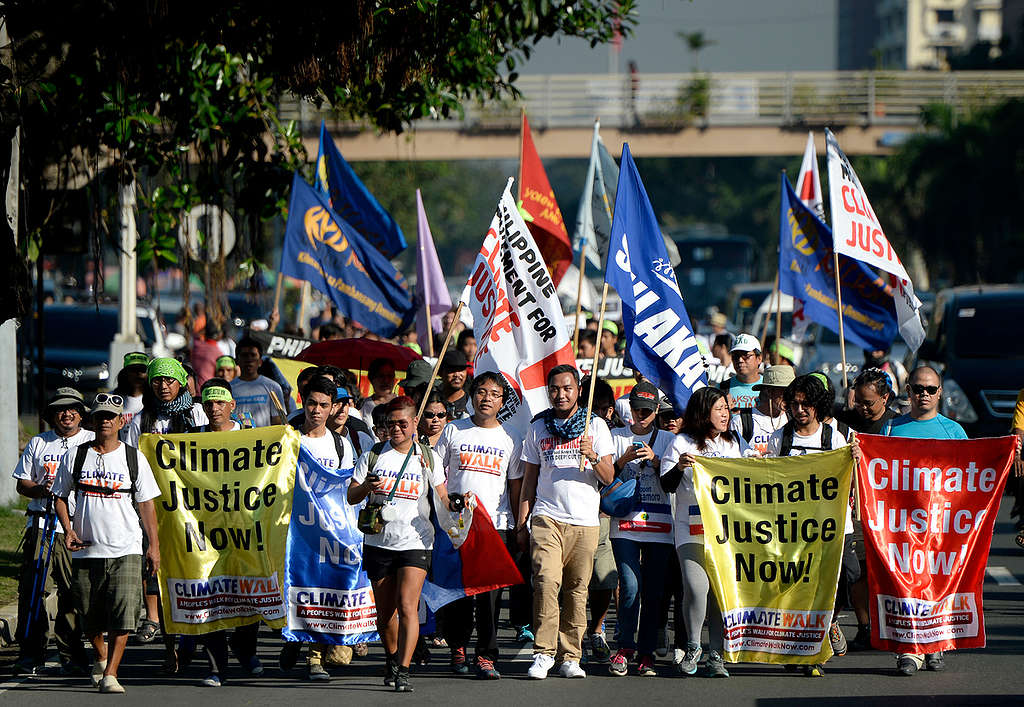Angela Merkel showed up to the negotiations of the Paris Climate Agreement four years ago with the commitment to cut her country’s greenhouse gas emissions by 40% by 2020. Round numbers, good speeches and photo ops aside, is the German government really working to protect the climate?

The short answer from these ecological farmers in Germany is a resounding no. And that is why the Blohms, the Lütke Schwienhorsts and the Backsens are bringing a climate case against the German government.
This is the first time ever that a German federal administration will have to defend climate inaction in court. Germany is falling short in meeting the climate targets that Merkel’s government wrote. Instead of increasing governmental actions to meet those goals and to live up to the responsibility to halt global heating, the German government simply abandoned them.
And that has had a very real impact on these families from Hamburg, Schleswig-Holstein, and Brandenburg.
The Blohms have noticed it in their increasingly reduced annual yields of apples and the fact they had to chop down all their four hectares of cherry trees because of pests moving north. “The changes in the climate also mean changes for us,” according to Claus Blohm.
The Lütke Schwienhorst family are similarly committed to organic production, and have created a staple family business in their community. But it’s now under threat from the cost of dealing with climate impacts like extended droughts.
“This year the weather in the summer was especially extreme,” said Heiner Lütke Schwienhorst. “The early summer drought never came to an end.”
They are familiar with hardship, but the climate emergency is pushing them beyond their limits.
That’s also true for the Backsens, who live on Pellworm island in the North Sea. With rising sea levels, they face the challenge of whether their century-old family farm could remain a viable way to make a living for this and the following generations. “Can we continue to do this at all, if things change so much?”
Rising temperatures are impacting agriculture around the world, not just in Europe. These three farming families, committed to organic and local food production, are just a small sample of what’s happening to people in similar situations in Germany and in many other parts of the world.
You can support these families and many other communities in their calls for justice. Add your name here and join the global movement to hold governments and companies accountable for the climate emergency.
Rodrigo Estrada is the communications lead for the Climate Justice campaign

It’s time for all of us to assert our rights, demand climate justice, and a dignified way of life.
